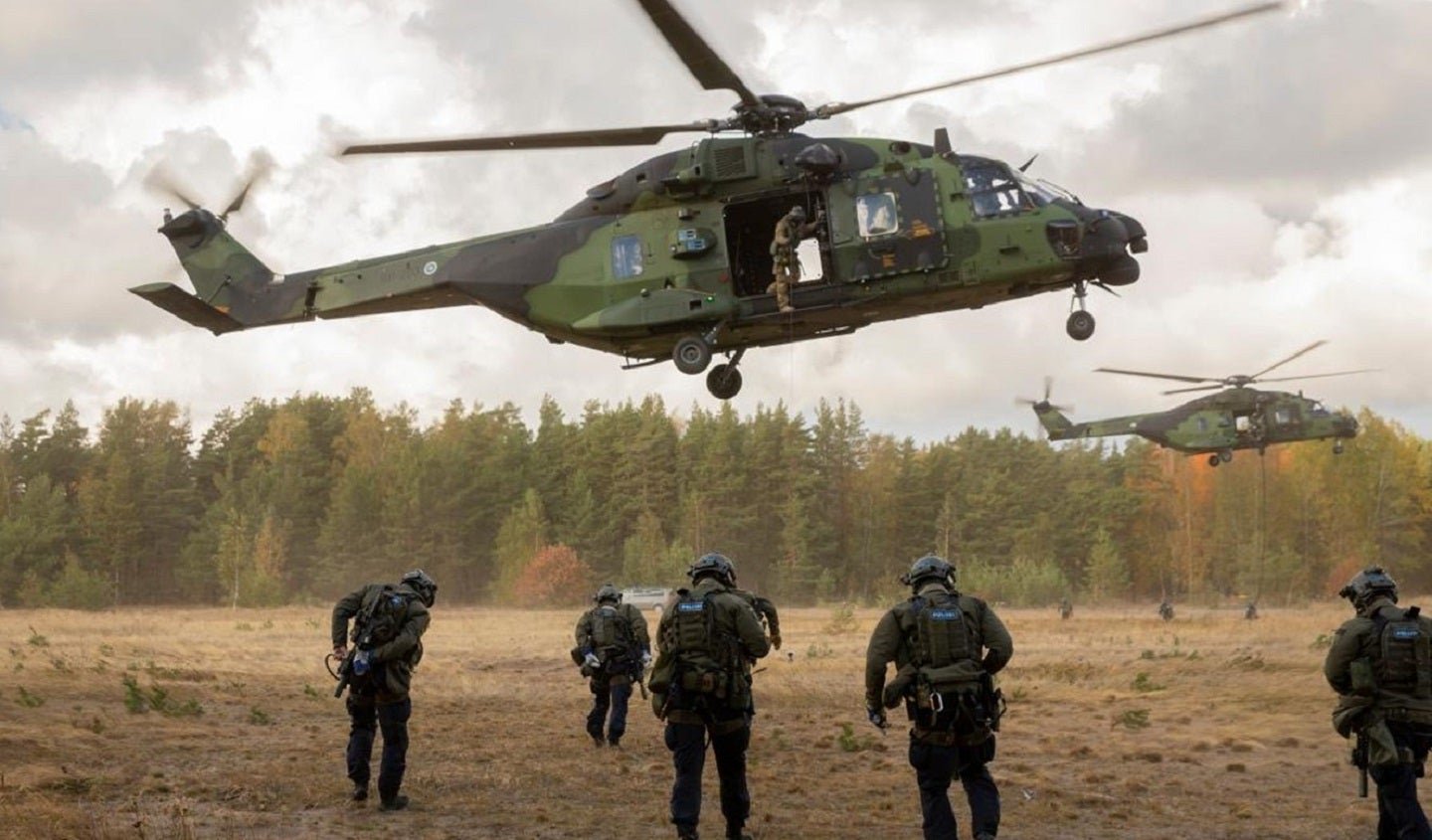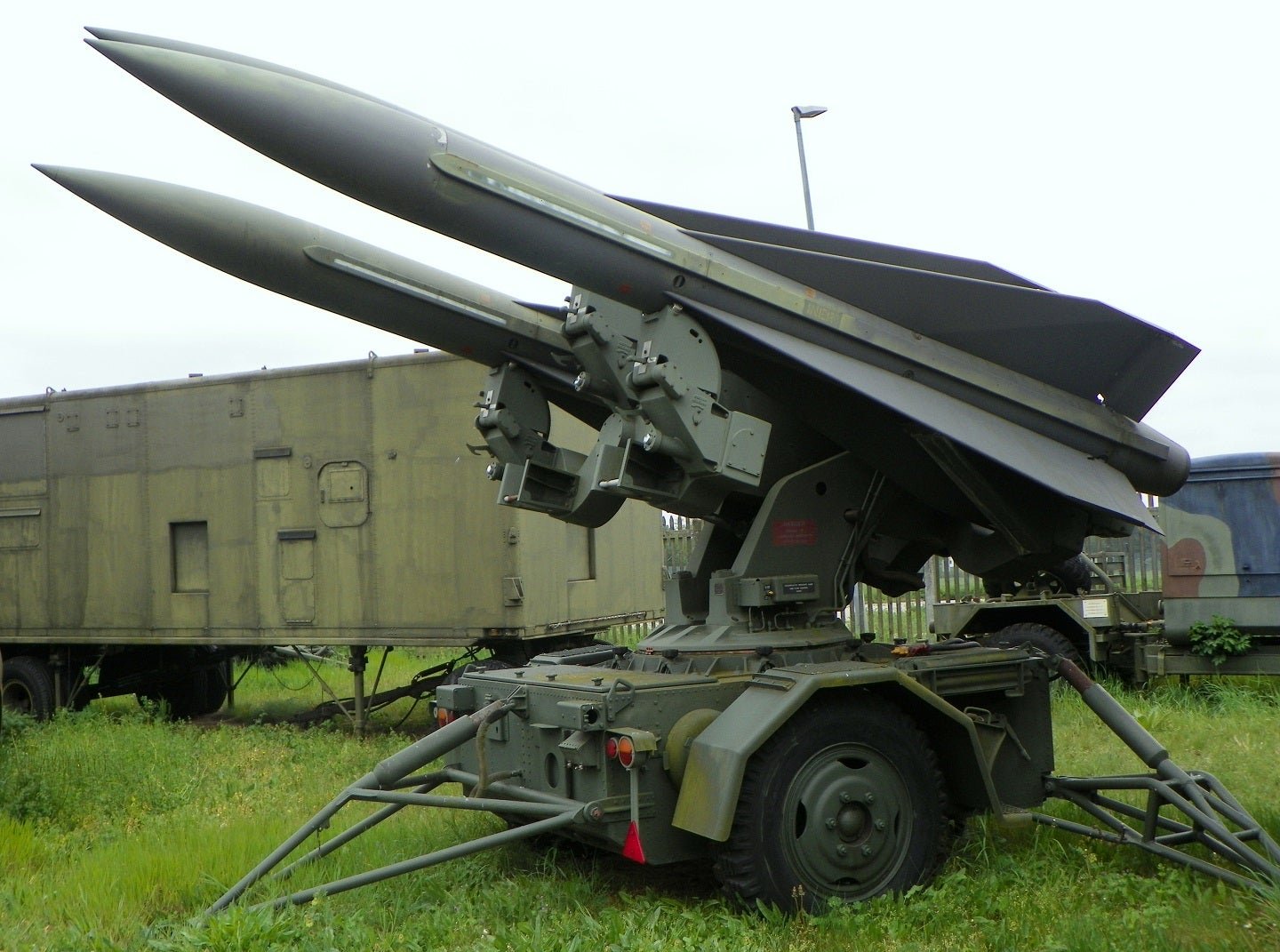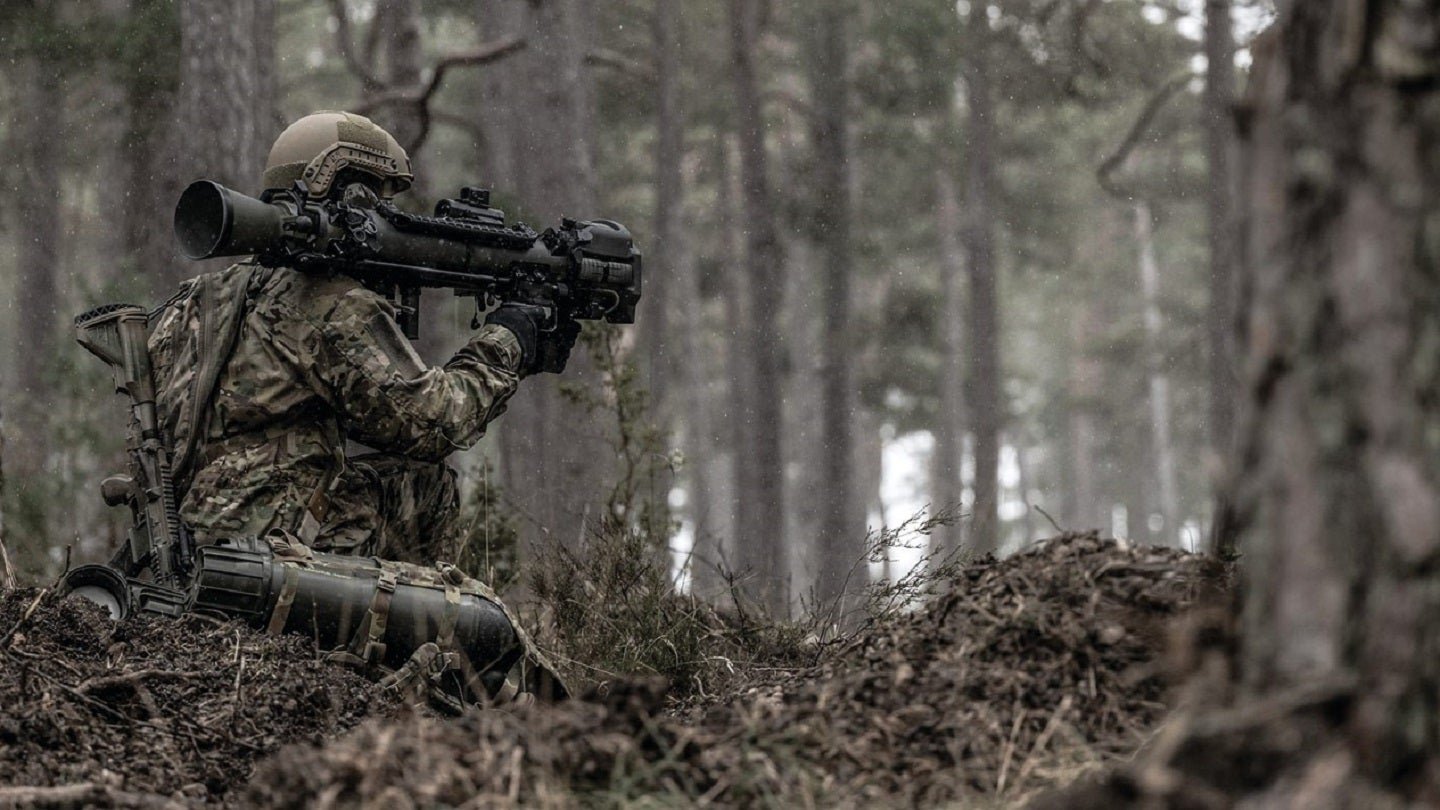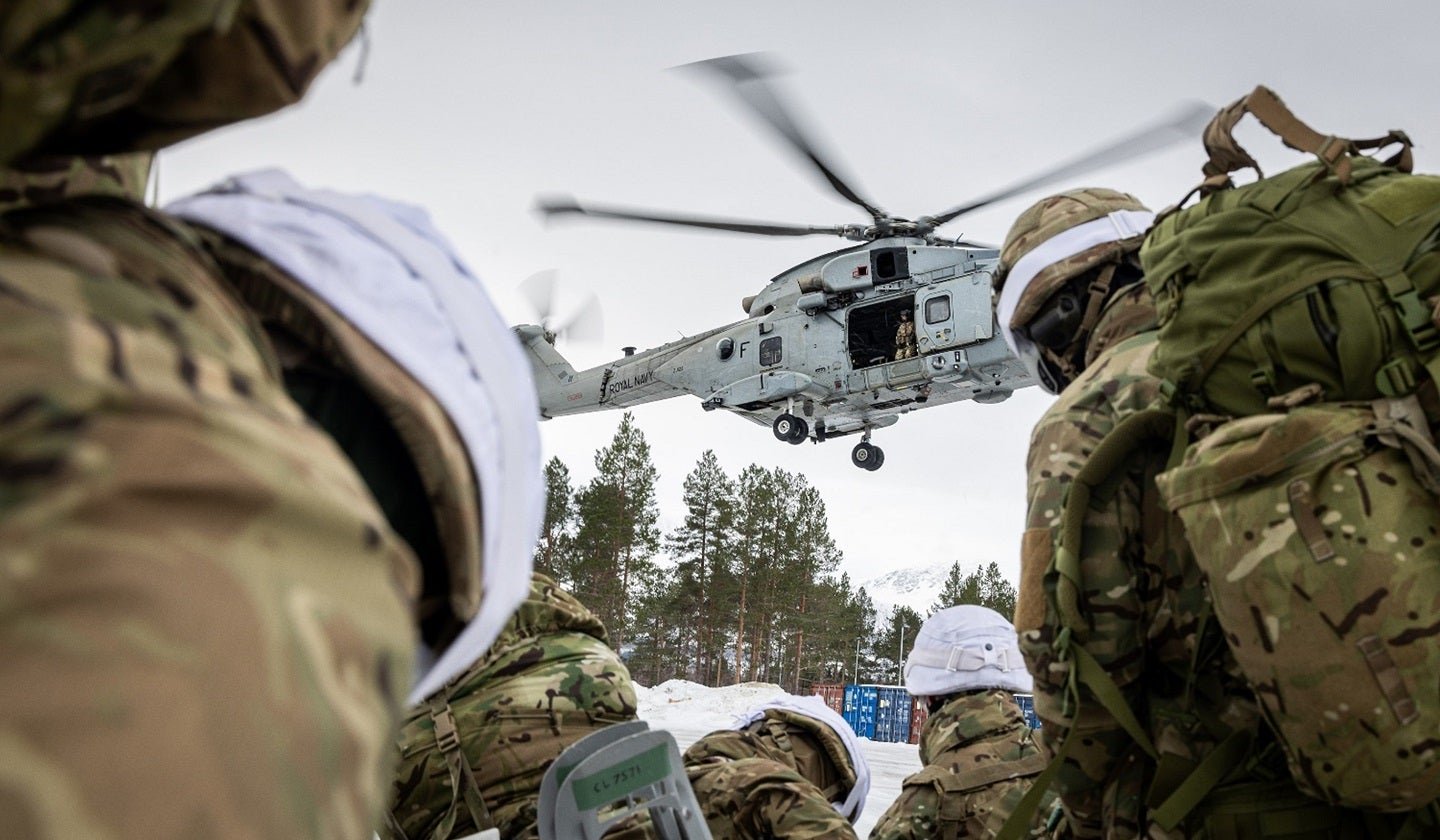Conscription remains a topic of vociferous, public debate across Europe with many countries making a strategic decision to implement halfway measures to set civil society on a greater war footing.
The latest country to do this is Finland, where the Ministry of Defence (MoD) has requested dialogue on amendments to the existing Conscription Act concerning continued support in bolstering its border security.
According to a new proposal, the Act would allow reservists placed in border troop units to be ordered to training faster than the currently set three months. Thus, the proposal concerns only a small proportion of reservists, specifically those positioned as border troops.

Currently, those liable for military service can only be ordered, through an accelerated procedure, to reservist training that aims to raise military readiness.
The new grounds for reservist training would be intended for situations where border security has been seriously compromised. Such situations could include, for example, rapidly developing disturbances in border security due to hybrid threats in the form of large-scale instrumentalised migration or a situation requiring intensified border control because of a major accident or pandemic.
Finland’s conscription model
Finland currently has a conscription model in which every male Finnish citizen aged 18-60 is liable to military service, and women can apply on a voluntary basis.
Access the most comprehensive Company Profiles
on the market, powered by GlobalData. Save hours of research. Gain competitive edge.

Company Profile – free
sample
Your download email will arrive shortly
After completing military service, they are mustered out into the Finnish Defence Forces’ reserve.
Conscripts trained for rank-and-file duties serve for 165 days; those trained for rank-and-file duties requiring special skills and those completing unarmed service serve for 255 days; while conscripts trained to be officers, non-commissioned officers or for the most demanding special duties in the rank-and-file serve for 347 days. Non-military service lasts 347 days.
European conscription and halfway measures
Military readiness is beginning to touch civil society more than ever before following Russia’s aggressive full-scale invasion of Ukraine, which began more than two years ago.
Nations with a more profound threat perception due to their proximity to Russia are, quite naturally, more prone to discussing and implementing measures to levy troops.
Finland shares an 830-mile border with Russia that it has a duty to maintain – even more so as a new member of Nato situated on the alliance’s eastern flank. Operating under the Ministry of the Interior, the Finnish Border Guard consists merely of 1,700 personnel, and that includes the Coast Guard.
Other countries on in the same region such as Lithuania have conscription too, for which the Baltic nation hopes to implement new legislation that will expand its current number from its stagnant level of 3,500 conscripts.
Other countries further away in Western Europe such as the UK are under less pressure in this regard. Britain ended conscription in 1960-3 and has had no obligatory service since then. However, stirred by Russian aggression, the Chief of the General Staff, General Sir Patrick Sanders, announced earlier this year that the UK has transitioned from a post-war society to a state of pre-war.
While this had been widely mistaken for a call to implement conscription, the picture Sanders painted had in fact raised a point about mobilising civil society in some ways that are currently undefined. This may come to look like the measures we see elsewhere on the Continent. For example, the Netherlands, Germany and Poland agreed to establish a military corridor across their respective territories. Their focus is primarily on the transport of troops, material and supplies from the deep-sea ports on the North Sea to the particularly exposed Nato eastern flank.










